WP1 ensures the overall management, administration, coordination and execution of the project, as well as the communication between partners and with the European Commission.
WP1 is coordinated by VTT, with contributions from all partners.
WP2 guarantees the effective dissemination, communication, and exploitation activities of the project, during and beyond the live of the project, reaching different publics. It maximises its scientific, business and social impact, and promotes the active engagement of society via participatory and collaborative communication strategies.
WP2 is coordinated by CES, with the support of VTT and Biomensio, and contributions from all partners.
WP3 develops and fabricates MEMS mass resonator wafers with features that enable integration with biofunctionalization and utilizing technologies having greatest potential for low-cost biosensors. It also develops cost-effective flow cell wafers and process for assembly to biofunctionalized Si-wafers.
WP3 is coordinated by Jobst, with the support of VTT, Biomensio and UniVie.
WP4 conducts the in-situ synthesis of DNA on the sensor surfaces on the Si wafers using mask less photolithography, and develop fluidics and illumination systems for wafer-scale synthesis. It further guarantees testing and optimization of: surface functionalization and surface density of DNA, DNA Zip code sequences, hybridization with protein-conjugated DNA, and wafer-scale fluidics delivery and illumination.
WP4 is coordinated by UniVie, with the support of VTT, Biomensio, Jobst and CES.
WP5 ensures the production and evaluation of DNA-tagged antibodies for self-assembled biosensor production, and the socioeconomic impact analysis of animal-to-recombinant transition in antibody production technologies.
WP5 is coordinated by Abcalis, with the support of VTT, UniVie and CES.
WP6 tests and validates the individual biofunctionalization and packaging steps performed in WP3 and WP4, and evaluates the resulting biosensor chip in multiplexed bioassays using a set of model analytes. It also forecasts the future of silicon-based multiplexed biosensors combined with Big Data and AI, and assesses the socioeconomic impact of multiplexed biosensors.
WP6 is coordinated by VTT, with the support of Biomensio, Abcalis and CES.
WP7 sets out the Ethics Requirements for the project and ensure its compliance.
WP7 is coordinated by VTT.
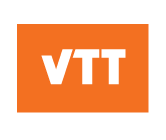
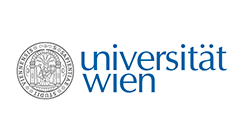
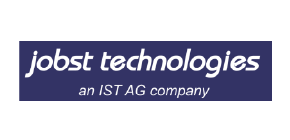

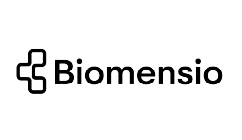
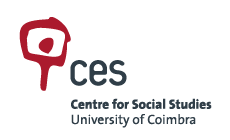

This project has received funding from the European Union’s Horizon Europe research and innovation programme under grant agreement No 101070589. This website reflects the views only of the authors, and the Commission cannot be held responsible for any use which may be made of the information contained therein.